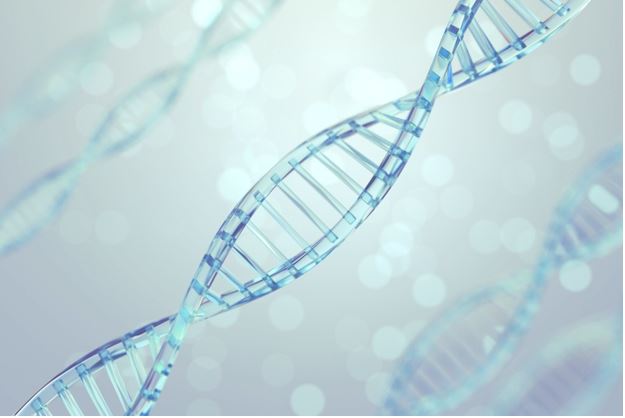What Is A Paternity Test And How Much Should You Pay For One?
In the maze of modern relationships and family structures, establishing paternity is sometimes a necessity rather than a choice. Whether for legal reasons, emotional closure, or medical history, a paternity test provides definitive answers. This technology-rich method can bring clarity to complicated situations. However, the costs associated with paternity testing often raise questions. This article aims to delve into what a paternity test involves and how much you should expect to pay for one.
What Is Paternity Testing?
Paternity testing is a specialized form of genetic analysis aimed at confirming a biological relationship between an alleged father and a child. Utilizing state-of-the-art DNA technology, the test compares specific markers in the genetic makeup of the two individuals. The results are virtually indisputable, boasting a 99.9% accuracy rate in confirming paternity or denying it altogether. If you think a paternity test is just for fathers and children, you’d be mistaken. Advanced methods now allow even potential grandparents, siblings, and other relatives to be involved in paternity testing. In fact, some tests can even be performed in utero, although these are more invasive and typically reserved for special cases that warrant such early intervention.
Types of Paternity Tests
When it comes to the varieties of paternity tests, there are mainly two categories: at-home tests and legal tests. At-home paternity tests provide a quick and private way to determine biological connections. However, it’s crucial to understand that these results are not admissible in court because of the lack of a proper chain of custody.
The Cost of Paternity Testing
Finding out how much it costs to get a paternity test involves several variables. These can range from the type of test chosen to the laboratory selected for the process. For example, a standard at-home paternity test from a reputable company like AlphaBiolabs USA costs around $130. The paternity test cost can soar upwards of $500 or more when legal validation is needed.
Insurance and Financial Aid
One common query that arises is whether health insurance plans cover the cost of paternity tests. Generally, these tests are not covered because they are usually not medically necessary. Some exceptions exist, but they are rare and highly specific. Consult with your insurance provider for definitive information on coverage. In case you find the cost to be prohibitive, some labs offer financial assistance or payment plans. There are also nonprofits that may help subsidize the cost of a paternity test in special circumstances, such as legal battles where establishing paternity is crucial for the welfare of a child.
Emotional and Psychological Aspects
Beyond the scientific and financial dimensions, paternity testing often comes with emotional and psychological implications. The results could change family dynamics, impact relationships, and even alter individual identities. It’s essential to be prepared for these outcomes and consider seeking emotional support or counseling as part of the process. Especially when children are involved, the manner in which the test is conducted and discussed can have a lasting impact. Sensitivity, transparency, and support are critical throughout this potentially life-altering event. Experts often recommend involving a psychologist or counselor in cases where the emotional toll is anticipated to be significant.









